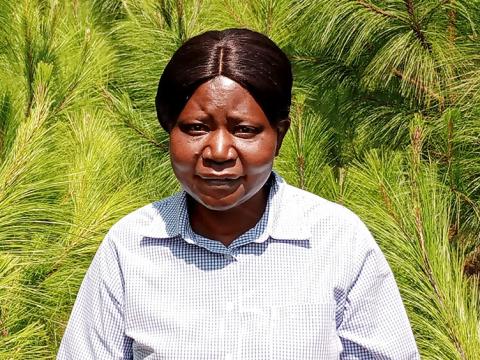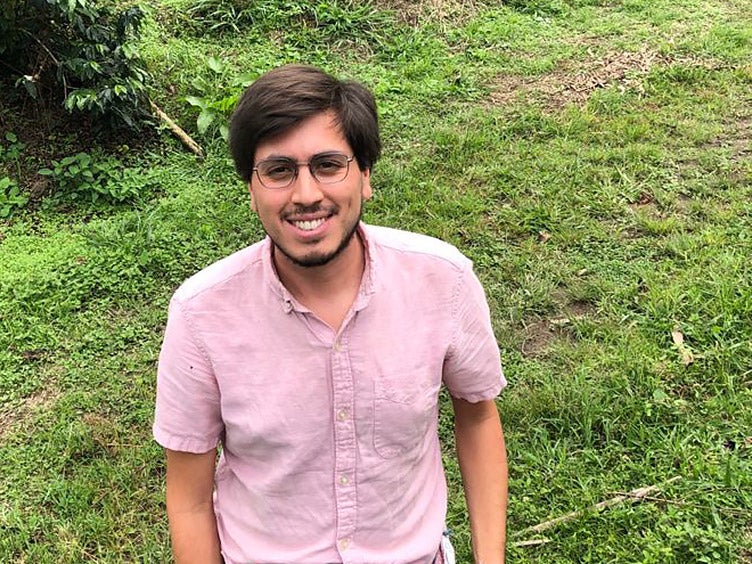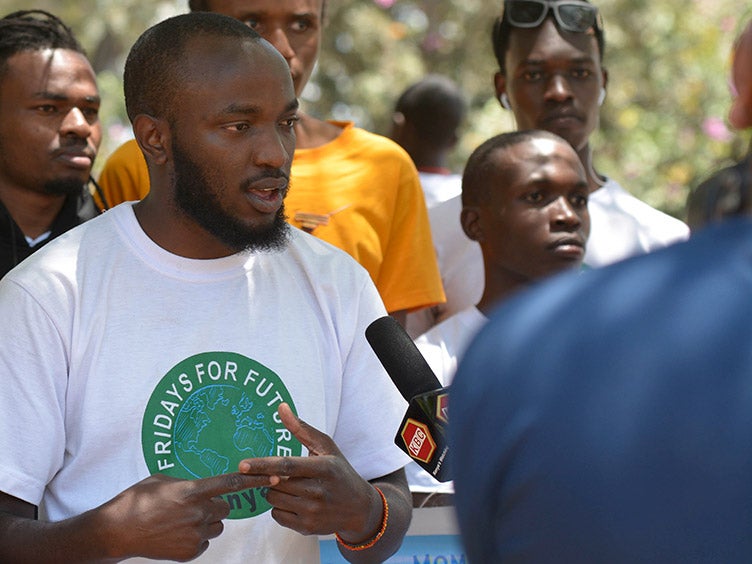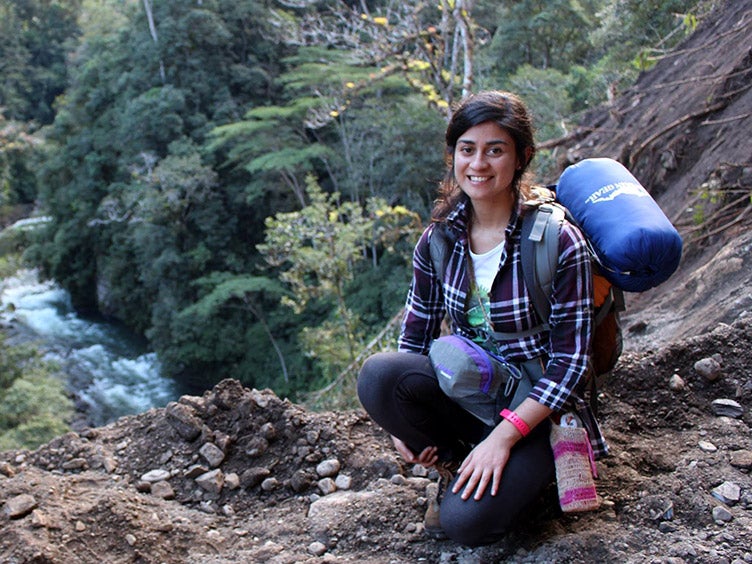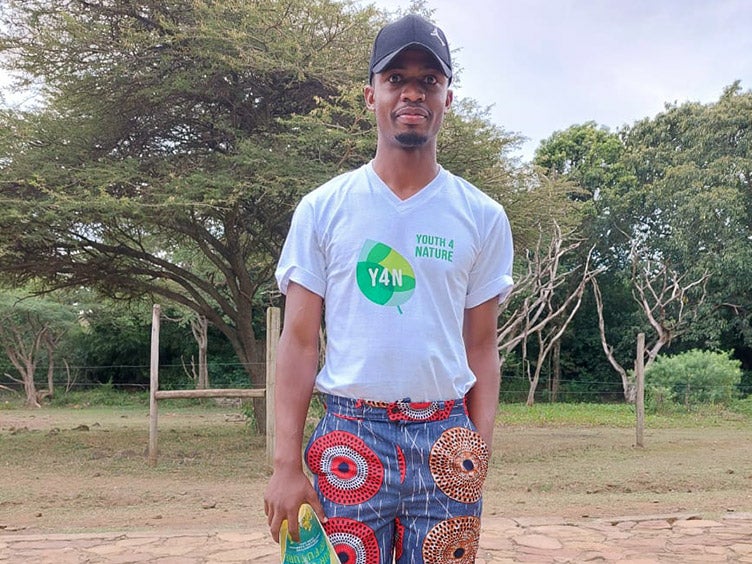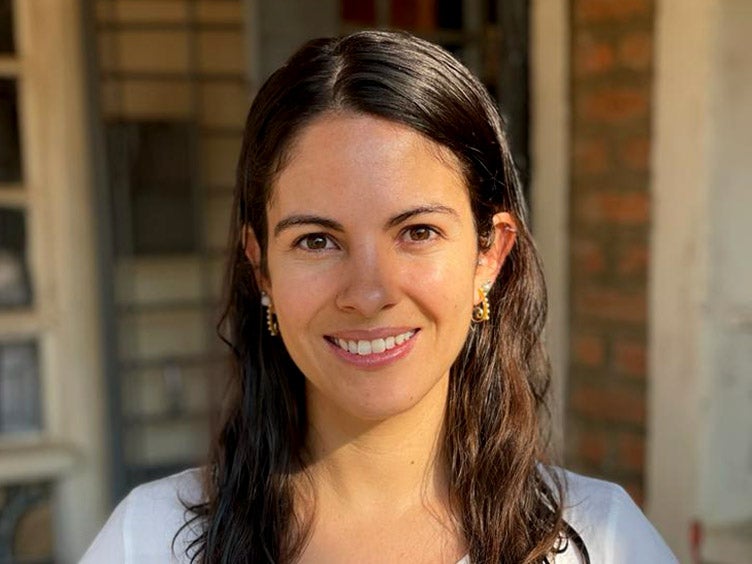Country:
Mozambique
Organization:
Green Resources
Enver Mapanda’s career in forestry has spanned almost two decades, from forest management in South Africa to planning and development in Zimbabwe to heading forestry operations for a forest carbon outfit in Uganda. Now the head of forestry operations for the forestation company Green Resources in Niassa, Mozambique, Mapanda is leading an effort to conserve and restore parts of the Miombo woodlands in Central Africa. A biodiversity hotspot, key natural resource for local populations, and source of carbon sequestration, some areas of the woodlands are experiencing considerable degradation and deforestation.
A self-described lifelong learner, who holds master’s degrees in forest industries and natural resources management from the University of Zimbabwe, Mapanda enrolled in ELTI’s Tropical Forest Landscapes online certificate program to build upon her expertise and develop new methods for preserving these vulnerable areas.
“To achieve our immediate goals, I believe the training, skills, and knowledge I receive from this course will assist in securing funds, developing new programs for restoration, and introducing novel techniques for monitoring and evaluation,” Mapanda says.
I believe the training, skills, and knowledge I receive from this course will assist in securing funds, developing new programs for restoration, and introducing novel techniques for monitoring and evaluation.”
